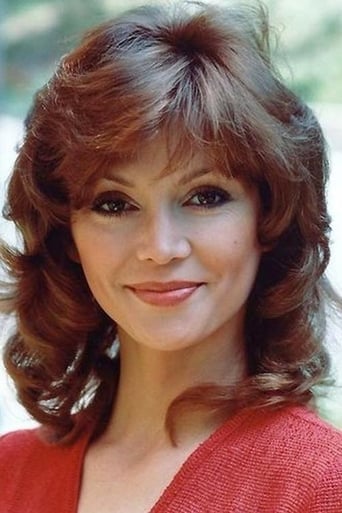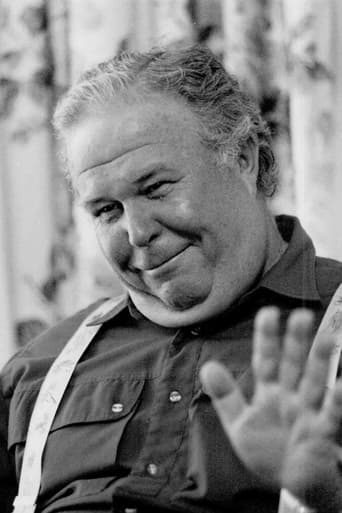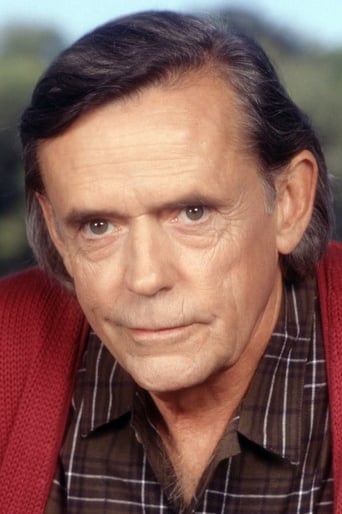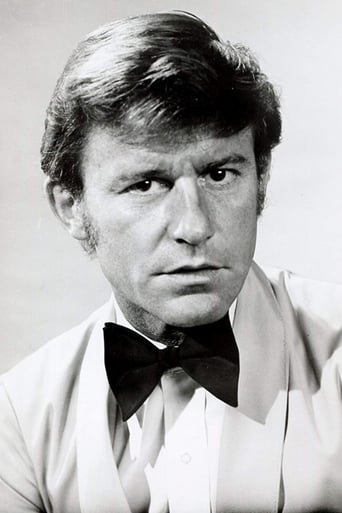tieman64
"The Indians must conform to the white man's ways, peaceably if they will, forcibly if they must. They must adjust themselves to their environment, and conform their mode of living substantially to our civilisation. This civilisation may not be the best possible, but it is the best the Indians can get. They cannot escape it, and must either conform to it or be crushed by it. The tribal relations should be broken up, socialism destroyed, and the family and the autonomy of the individual substituted." - Commissioner Thomas Morgan "There is no document of civilisation that is not at the same time a document of barbarism." - Walter Benjamin "The Life and Times of Judge Roy Bean" tells the tale of Judge Bean, an American outlaw who, in the early 1900s, claimed a chunk of land and made himself self-appointed ruler. With a six-shooter and a law book, Bean then set about taming the Wild West. The film was directed by John Milius, a renowned right-winger, survivalist, gun advocated and self-described rugged individualist. Unsurprisingly, Milius saw Bean as a "necessary evil". His Bean was a man who was "vital" in bringing civilisation to the Old West. Milius' Bean then achieves a kind of tragic grandeur, for his "taming" influences are then swiftly deemed abhorrent by the "new", "modern" civilisation he gives birth to; he's kicked out of his own town come the arrival of the 20th century. This is the paradox of most of Milius' films, which exhibit a certain amount of pride for a certain type of "necessary violence", whilst also decrying the same.What makes "The Life and Times of Judge Roy Beans" interesting, though, is that it was directed by Milius' political opposite, John Huston. Huston's an adventurer very much like Milius, but is also a notorious left-winger. He thus sets about satirising and lampooning everything Milius wrote. This has annoying many critics. Roger Ebert, for example, states that Huston's film "sets out to be an elegy to the passing of the Old West and ends up being an elegy to the passing of bad manners". But this is not true. It is typically the more well-regarded westerns that are wistful, or pine nostalgically for a specific form of violent masculinity. Huston, though, satirises the genre's romanticism and is preoccupied with highlighting how America is grounded on, or was built by, bad manners.And so Huston's film – a kind of remake of Luis Bunuel's "Gran Casino", or rather Wyler's "The Westerner" via "El Topo" - paints America's founders and forefathers as whores, crooks and convicts. His town builders are maniacs and his lawmen criminals. Laws are seen to be an arbitrary thing, naked power, insanity and violence rule the land, nepotism and injustice are rife, an authoritarian, one-man-rule emergency manager is offered as the "solution" for social ills and our heroes are slimy cowards who are less legendary than lowly losers adept at shooting their foes in the back. Huston is not endorsing or glorifying any of these things, though, but mockingly presenting them all as America's true primordial soup. This is how life began.An anti-myth, and resolutely revisionist, the film is also outright goofy. Huston's film, like mainstream Western history, is a ridiculous Tall Tale wildly out of control. It is history reduced to episodic larks, rumbustious nonsense and filled with eccentric, thin, implausible guest characters. It is, in other words, identical to your typical, inane, pop-up-book view of history. Significantly, what replaces Judge Bean's era of sleaze and corruption is yet another era of sleaze and corruption. Huston's film then ends with an audacious segment "in the future" in which a now old Bean is gunned down by bigger fish with bigger guns still: sleazy Eastern businessmen replace a sleazy authoritarian.Milius has the last laugh, though, with a closing coda which Huston dutifully films, unaware of the thematic implications. Here we're introduced to Lily Langtry, a turn of the century celebrity whom Bean idolised. Langtry's symbolic of mankind's longing for unattainable beauty and his preponderance for settling for earthly angels instead. She, in other words, represents the separation between "real law" and "idealised justice", between the gorgeous Langtry and another female character whom Bean eventually settles down with (a half caste prostitute). For Milius, Langtry is a left-wing fantasy, a Utopian idyll, whilst the West's blood, guts, whores and rattlesnakes are the inevitable reality which must be accepted with pragmatism, backbone and resolve. In other words, Milius is trying to sell us just another form of the White Man's Burden: civilization must be forged with the barrel of a gun, a lie which continues to this day (America's new frontiers, Iraq, Afganistan etc). While Huston is right to mock both Milius and the Western genre, the truth of the Wild West was also much more nuanced (John C.H Grabill's photographs, for example, attest to how few gun-belts were actually worn in the Wild West). The West's most important figures weren't the mountain men, trappers, gunmen and cowboys, but simple, resolute souls who spent their days struggling to forge a civilisation by more mundane means. It was pioneer families, religious leaders and missions who built the West. In a way, we have replaced the true heroes of the Old West with the likes of Butch Cassidy, Bean and Billy the Kid. The Old West was the domain of communal endeavours, not unbridled individualism. It was a land conquered by the plough, not only the gun. The stories of the men and women who made their lives in Western valleys and plains may be prosaic, but they are the story of the West itself.7.5/10 – Bean is played by the likable Paul Newman. Newman acted in a number of excellent revisionist westerns ("Hud", "Hombre", Altman's "Buffalo Bill" etc).
alexandre michel liberman (tmwest)
I did not think much of this film when I saw it in the seventies. But at that time what I wanted to see was a traditional western like Hawks or Ford would do it. But John Huston was not a director who made conventional films and I failed to appreciate that. As it starts the film states that this might not be what really happened, but what it should have been. And Huston shows us the Judge, excellently played by Paul Newman as the hero, far different from any other movie about him I remembered seeing. They are all great people, the Judge, his deputies, his mistress (Victoria Principal), his daughter (Jacqueline Bisset). And even though Tab Hunter plays a small part, I would say this is his best performance. An unrecognizable Tony Perkins also shows up as a preacher, and Ava Gardner , beautiful, in a beautiful scene. Huston tells us a great, meaningful story, full of emotion,







